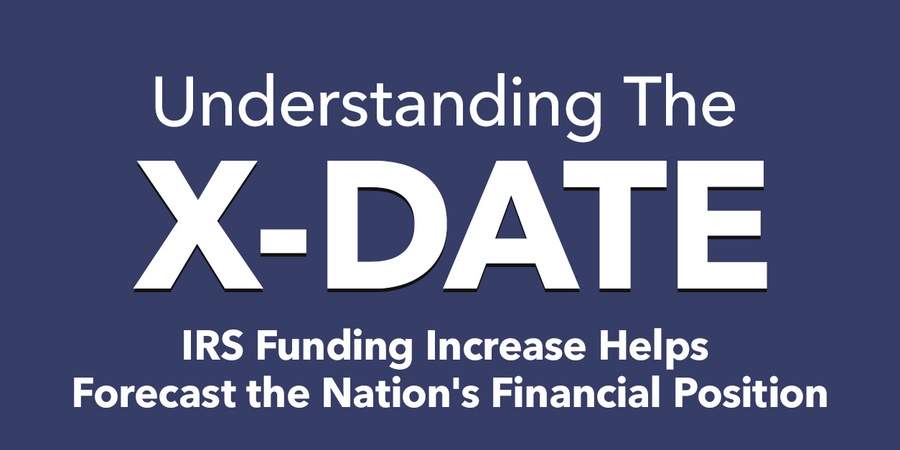Learn how the recent funding increase for the IRS is providing policymakers with a more precise picture of the X-Date, the point when the US Treasury will run out of money if the government cannot take on more debt. Experts explain how the latest IRS data is invaluable for understanding the nation's financial position during the debt ceiling debate, and warn that the debt ceiling brinkmanship is a national security issue.
Category archives: Tax Audits, Appeals & Litigation
RSS feed of Tax Audits, Appeals & Litigation
Court Finds That the Criminal Offense for a U.S. Resident’s Willful Failure to File an FBAR was Not Unconstitutionally Vague
Written by on in Tax Audits, Appeals & Litigation.
Certain taxpayers who are citizens of foreign countries also have green cards granting them resident status in the United States. Some argue the laws regarding their obligation to file FBARs are unconstitutionally vague.
The Applicable Federal Sentencing Guideline for a Violation of Internal Revenue Code Section 7212.
Written by on in Tax Audits, Appeals & Litigation.
Section 7212 of the Internal Revenue Code punishes intentional attempts to interfere with the IRS’s administration of the Internal Revenue laws.
In a Criminal Tax Case the Taxpayer Must Press His Statute of Limitation Defense at Trial or It Will Be Waived
Written by on in Tax Audits, Appeals & Litigation.
The statute of limitations for crimes in violation of the income tax laws is generally six years. However, the taxpayer cannot rely upon the statute of limitations as a defense if the taxpayer's counsel is asserting the statute of limitations defense for the first time on appeal. The taxpayer must press the statute of limitations defense during the trial.
Selecting a Criminal Attorney, When Winning is Your Only Option, Revisited
Written by on in Criminal Tax Cases, Tax Audits, Appeals & Litigation, When Winning is Your Only Option.
Selecting a Criminal Attorney: If you learned that you were the target of a federal investigation, who would you call? How would you select a lawyer to represent you? In October of 2016 this blog discussed a number of factors that affect the outcome of federal criminal jury trials. This subject matter is revisited with newly published data by the United States District Courts.
Which Sentencing Guidelines Should be Used to a Section 7212?
Written by on in Tax Audits, Appeals & Litigation.
Which Federal Sentencing Guidelines Apply to a Section 7212 Violation of the Internal Revenue Code for Obstruction of Justice?










